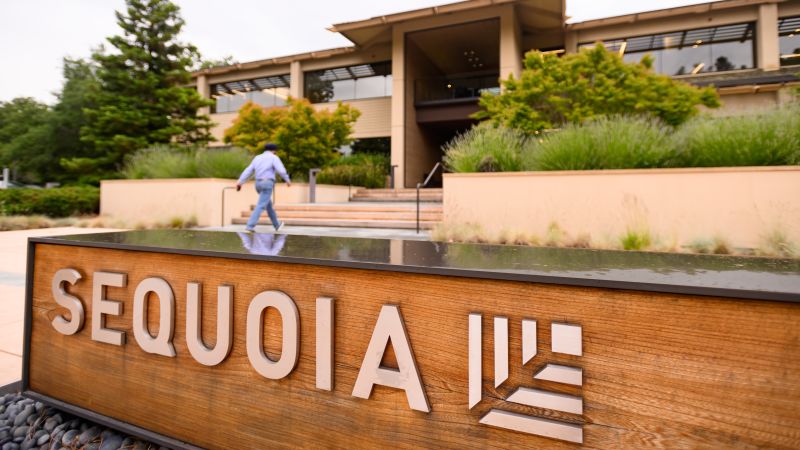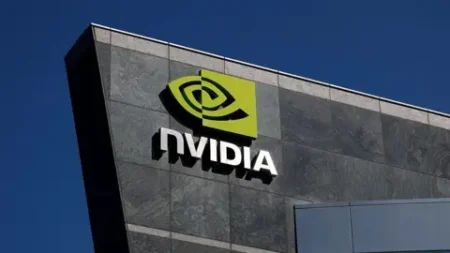In recent events, a significant uproar has emerged in the tech community involving the venture capitalist Shaun Maguire, a partner at Sequoia Capital. His remarks towards New York mayoral candidate Zohran Mamdani have sparked considerable backlash, particularly from Muslim and Middle Eastern tech founders and leaders who perceive his comments as inflammatory and indicative of broader issues of Islamophobia within the industry.
Maguire’s controversial statements, labeled as “Islamist” and suggesting that Mamdani’s background is associated with dishonesty, came in response to a 2009 New York Times report revealing that Mamdani identified as both “Asian” and “Black or African American” on his application for Columbia University. The repercussions of these remarks quickly unfolded, drawing millions of views and eliciting a wave of condemnation not just from supporters of Mamdani but from a large segment of the tech community, which has historically been on the cutting edge of progressive thought.
Following his comments, more than 1,100 tech professionals, including startup founders from various parts of the world, signed an open letter urging Sequoia Capital to apologize and take disciplinary action against Maguire. As a company renowned for its substantial investments in successful firms like Apple, Google, and Nvidia, the actions and statements of its partners carry significant weight, and discontent regarding Maguire’s remarks is amplifying discomfort regarding Islamophobia in the tech space.
The criticism of Maguire’s comments reflects a significant and rising trend of hostility faced by Muslims and those of Middle Eastern descent in both the tech sector and beyond. Hosam Arab, the co-founder and CEO of the financial technology firm Tabby, highlighted how Maguire’s remarks resonated deeply due to Sequoia’s prominence. The publicly and privately expressed sentiments indicate that many feel his comments were symptomatic of a larger problem rooted in discrimination that extends beyond a singular instance of bigotry.
While Maguire has sought to defend himself, specifying that he aims to draw attention to a distinction between the majority of Muslims and those he terms “Islamists,” his explanations have not quelled the outrage. Protesters argue that his rhetoric serves to perpetuate stereotypes and stoke animosity against an entire faith community. In the wake of these events, there has been a concerted effort by supporters of Mamdani to pressure Sequoia Capital to address his behavior, potentially risking their financial interests with the firm’s limited partners if they don’t take action.
The call for accountability highlights a growing awareness of how perceived hate speech can have tangible consequences in the tech world, where funding is often key to success. By threatening to contact Sequoia’s financial backers, signers of the letter appear to be targeting the firm’s bottom line in an effort to drive systemic change. They assert that accepting leadership from individuals who engage in harmful rhetoric is unacceptable, especially in an industry that prides itself on fostering innovation and inclusivity.
Moreover, tech investors from the Middle East, who have become increasingly vital players in the global investing landscape, have also expressed their solidarity against Maguire’s comments. For instance, the recent investment activity from firms in the region highlights the interconnectedness of the global market and reflects the ramifications that such comments can have across borders. Sequoia’s actions, or lack thereof, in response to this controversy are being closely watched by the growing Middle Eastern tech community, further emphasizing the global implications of localized events.
Indeed, the letter also indicates an awareness of the rise in Islamophobia exacerbated by geopolitical strife, including recent events in Gaza. This underscores the importance of engaging with complex political narratives and challenges tech leaders to be mindful of their public statements and affiliations.
In conclusion, this incident serves as a stark reminder of the pervasive presence of bigotry within the tech industry and the crucial need for meaningful engagement on issues of racism and discrimination. With Muslim founders and their allies calling for tangible action against Maguire’s abhorrent comments, the implications for Sequoia Capital and the broader tech community may be profound, reflecting not just a desire for justice but a collective aspiration for a more inclusive future in the world of business and innovation. The outcome of this situation may very well set a precedent for how similar incidents are addressed in the coming years.











